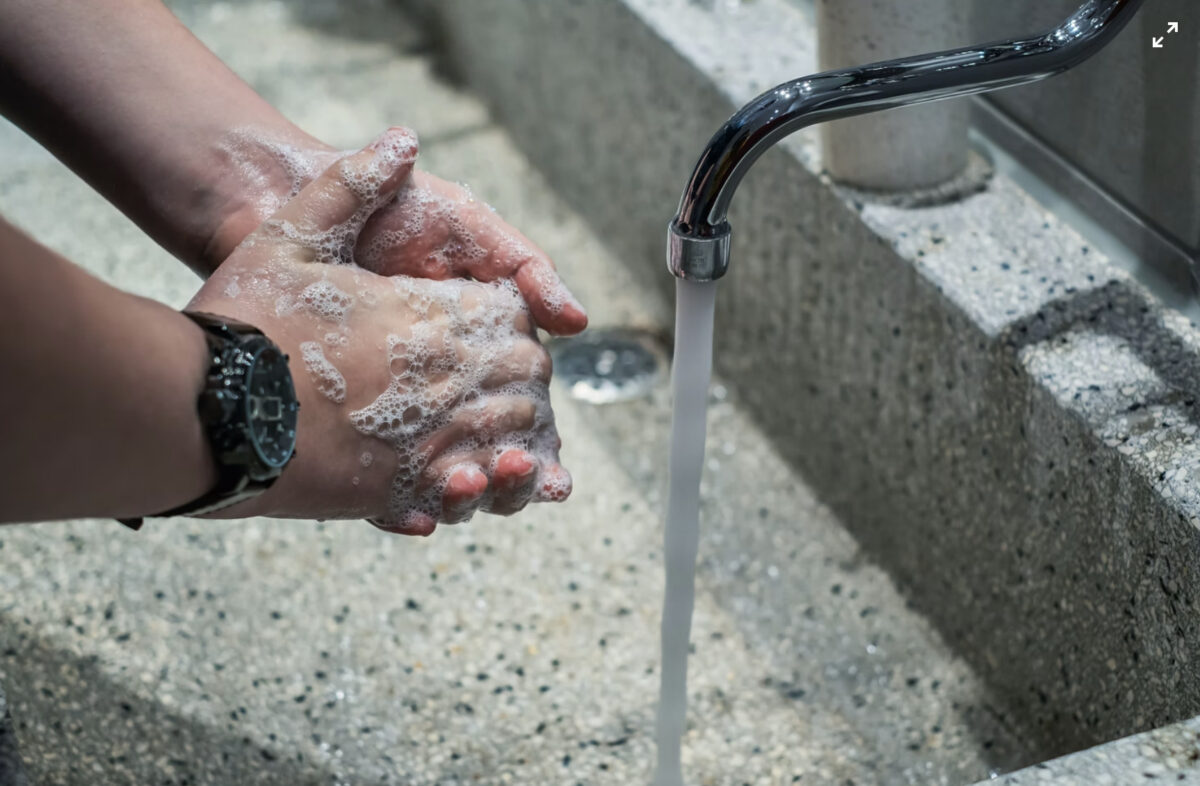Tim Irvine
We all need to keep ourselves clean, but in our cozy, comfy world is too much cleaning negatively affecting our health? Sandy Skotnicki Grant is a renowned dermatologist and her book, Beyond Soap, upends many of our common thoughts on skincare and presents a really current, science-based approach to how we should be caring for our biggest organ. For example:
- In the late 1800’s, a weekly bath was the gold standard in personal hygiene. Think about where we are now
- Skin sensitivities may be a result of ‘overcleaning’. Those natural oils we wash away have a beneficial purpose
- Soap ingredients like parabens may not be the biggest culprit to skin sensitivities. Natural botanicals create some of the harshest reactions
To get a better idea of the concepts in the book, take five minutes and browse through her website, or, if you have a Globe and Mail subscription, have a read of this article. Below is an excerpt from the article that encapsulates the problem in a compelling way.
“To understand how water and soap can harm your skin, you need to understand the basics of the body’s largest organ. Our outermost skin functions like a brick wall. Daily rinsing with hot water and soap can strip away lipids (the mortar holding the brick wall together), and, over time, can weaken the skin’s ability to function as a barrier. The damage leads to dry skin, which increases exposure to chemicals, pollutants and germs, and heightens the potential for reactions to irritants and allergens. Many of these potential irritants and allergens reside in “natural” or “organic” skin-care products. Listen: The terms “natural” and “organic” mean very little when it comes to beauty products. So-called natural ingredients can be every bit as reactive as synthetic chemicals. Plenty of harmful things are natural. Poison ivy, arsenic, even anthrax – all-natural. The concept of natural or organic has nothing to do with whether it’s likely to cause a skin reaction. As one dermatologist quipped, “Eat organic – don’t necessarily put it on your skin. What’s beginning to be understood by the scientific community is that the frequent application of numerous different beauty and skin-care products, so unprecedented in evolutionary history, is profoundly changing the skin’s chemical makeup. An American team out of the University of California, San Diego, led by microbiologist Pieter Dorrestein, scanned the surface of the skin to learn about the skin microbiome – and found, to their surprise, that the single largest source of the molecules found on the skin surface was residue from beauty and cleaning products. That’s troubling because the skin is supposed to be teeming with microscopic bacteria, a part of the body’s microbiome, which plays an important role in the immune system’s continuing fight against the disease. High-pH traditional soaps and antibacterial cleansers may alter the mix of bacteria on the skin, removing the good bacteria and allowing bad bacteria to colonize in its place. Over frequent washing, in particular, can harm the skin of babies and children, possibly setting up infants who have a genetic predisposition toward eczema to develop the condition. Furthermore, damage to the skin’s barrier function has been associated with the development of food hypersensitivities, including peanut allergies.“The bottom line is, in our efforts to keep ourselves clean, we are overdoing it. The simple actions are, to use these products less frequently, and when we do, use ones with limited ingredients. For example, wash your hair two or three times weekly instead of every day. If you love your daily shower, keep it up, but stay away from soaps each time you have one. Hopefully, you will find some nuggets of knowledge in this.


